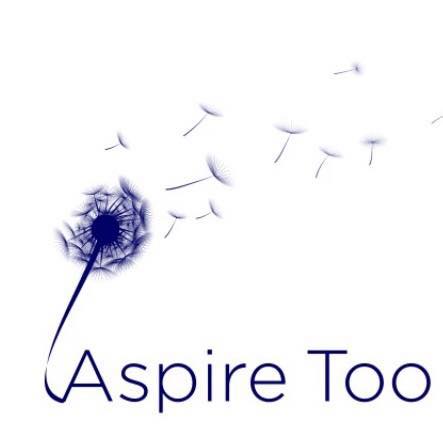Every month the associates at Aspire Too will answer your questions in our “Ask the Counsellors Feature“. Please submit your questions confidentially to [email protected]
I have recently graduated from university, have since found a job, settled in a new city and met many new people while still staying connected to old friends and family. Lately I have been finding that I would much rather stay at home by myself than meet a friend for supper or attend a social function. At the end of the work day, I can’t wait to get home, get into some comfy clothes and sit down to a book or one of my favourite shows. I am struggling with the feelings of guilt that I have as I am constantly turning down invites or breaking plans. I have even had a few people comment on how I am antisocial and some of my friends have even expressed concerns about possible depression. I used to go out and socialize more often, but now that I have a job in a very social work environment, I just don’t have the energy. Thinking back, a lot of the times that I did go out, I did so out of obligation and I just don’t want to do that anymore. I do not feel I have depression or am antisocial. I feel content and satisfied with my life, I can make and keep friends easily and I do enjoy spending time with people. Is it possible that I am struggling with depression and don’t recognize it? Am I becoming antisocial?
-Just want to stay at home and read a book
You would rather stay at home and read a book rather than attend a social event? It truly can be that simple. It sounds as though you have a more introverted personality type – not depression and not antisocial. Each person varies in the amount of time that they prefer to be social as well as the amount of time that they need to ‘recharge’. This can loosely be measured on how introverted or extroverted we are. It has nothing to do with being social or antisocial nor does it have anything to do with depression.** It has to do more with how stimulating social situations are for us and how we gain energy. Some people find social situations more draining than others. This doesn’t mean that they aren’t social people or don’t enjoy being social, they just need time alone to regain energy. If you are more introverted, and work in a social environment, it makes sense that after the work day, you need more time alone than someone who is more extroverted. There are benefits to being more introverted and benefits to being more extroverted. It isn’t about changing who you are but about accepting it and knowing how to take care of yourself. People who are more introverted and are constantly forcing themselves into social situations out of guilt or obligation, often find themselves being burnt out, emotionally drained or even physically exhausted.
Most likely, you find peace and comfort in being alone. Introverts deliberately choose to spend time alone to ‘recharge’ after activities that require a lot of social interaction, such as work or parties. If we prefer coming home to a quiet, empty house at the end of a long day, or if we spend a Friday night cuddled up reading an entire novel instead of going out with friends and we make those choices to genuinely maintain our happiness and sanity, this does not make us antisocial or depressed. Often, if this time to ourselves is taken away, we can feel overwhelmed and uneasy. Intentional solitude does not make you ‘antisocial’ or ‘withdrawn’ – it is how you recharge and stay healthy.
Although being more introverted and being outgoing are not mutually exclusive, many people who are introverted tend to be quiet compared to people who are extroverted. This may mean that they are not the ‘life-of-the-party’ or that they have fewer friends than the rest of their friends. Do not confuse this with thinking that people do not enjoy being around them. Most likely, their friends and colleagues appreciate their quiet nature and that they are someone who will genuinely listen to them. Being more extroverted is not something to strive for, nor should it be a ‘goal’. Instead of questioning why you are never the first to fearlessly run up to the karaoke machine at a party, be thankful for the valuable qualities you do have (and that others appreciate), such as outstanding patience, being a (genuinely) good listener, or the ability to read and interpret body language.
People in your life need to know that if you want to be alone or decline a social invitation, it is because of your need to be alone and recharge. This may not resonate with their personal lifestyle. You should never feel the need to apologize for who you are. There is nothing wrong with focusing on yourself and there is nothing selfish about taking the time you need. Embrace the things that make you happy, and people will continue to see your value in their lives.
**Depression is a very real and potentially serious mental health diagnosis that includes a number of very specific symptoms. If you feel you might be depressed, please contact you doctor or a trained professional who can assess your symptoms.
Kelly Gerhardt, BEd, MEd, RPCc
